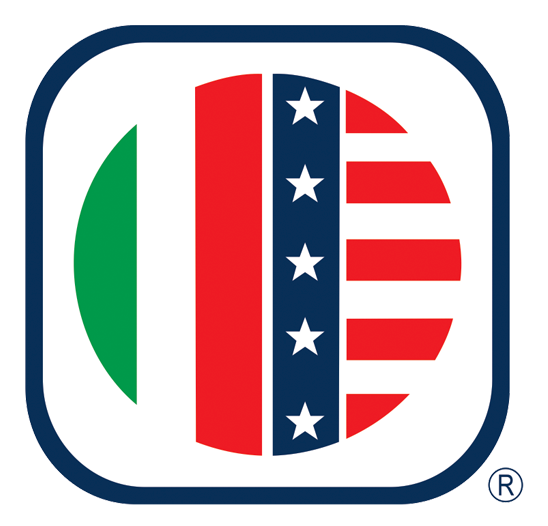18 Words That Used to Mean Something Negative

By Lucas Reilly │Mental Floss│3 min
Sometimes words move up in the world. Their meanings change with time, becoming more positive—a process linguists call amelioration. Here are some ameliorated words that were a pinch more negative back in the day.
1. Amaze
:extract_focal()/https%3A%2F%2Fimages2.minutemediacdn.com%2Fimage%2Fupload%2Fc_crop%2Ch_1192%2Cw_2121%2Cx_0%2Cy_111%2Ff_auto%2Cq_auto%2Cw_1100%2Fv1628540275%2Fshape%2Fmentalfloss%2F51770-gettyimages-118240951.jpg)
In the 16th century, amaze meant “To stun or stupefy (a person)” or “To fill (a person) with fear, panic, or alarm; to terrify,” according to the Oxford English Dictionary (OED).
2. Amuse
From the 1400s up through the 18th century, to amuse was to “to delude, cheat, deceive.”
3. Awesome
Awe once meant “a feeling of fear or dread”; add the suffix -some and you’ve got a word that means “Arousing or inspiring awe; that fills someone with reverential fear, wonder, or respect.” Awesome dates to the 1570s.
4. Boy
As far back as the 1200s, a boy was “A male servant, slave, assistant, junior employee, etc.” The word’s origins, and how it developed this meaning, are a mystery.
5. Careful
In the 1200s, careful was a word meaning “Full of grief; mournful, sorrowful.”
6. Dizzy
Once a word meaning “foolish, stupid.”
7. Eager
Eager used to mean “Of a person, a person’s state of mind, or an action: strenuous, ardent, impetuous; fierce, angry” in the 1300s.
8. Fond
To be fond in the late 1300s was to be “Foolish, silly.”
9. Fun
Fun in the 1680s meant “to trick, deceive.”
10. Glorious
If someone called you glorious in the mid-1400s, it wasn’t a compliment: The word meant “boastful; ostentatious, fond of splendour; proud, haughty; vainglorious.”
11. Knight
An obsolete meaning for knight dating back to around 950 was “A boy or lad employed as an attendant or servant; hence, by extension, a male servant or attendant of any age.”
12. Meticulous
The original meaning of this word, dating back to around 1540, was “Fearful, timid.” In the 1820s, it came to mean being a little too careful regarding details, in a bad way. Eventually, however, being meticulous became a positive thing.
13. Mischievous
“Of an event or occurrence: unfortunate, calamitous, disastrous,” according to the OED, which takes this meaning back to the 1390s. “Of a person: miserable, needy, poverty-stricken.”
14. Nice
In the 1390s, calling someone nice meant you were saying they were foolish or simple.
15. Pragmatic
Pragmatic meant “Busy, active, esp. officiously so; interfering, meddling, intrusive” in the 1600s. “Ignorance … cannot … excuse a factious and pragmatique Tonge,” William Strachey noted in The historie of travell into Virginia Britania.
16. Pretty
In the 1450s, to be pretty was to be “cunning, crafty.”
17. Sophisticated
In the 1600s, something sophisticated was “Mixed with some foreign substance; adulterated; not pure or genuine.”
18. Sustainable
Sustainable once meant “Capable of being endured or borne; bearable” in the 1610s.
A version of this story ran in 2013; it has been updated for 2021.



